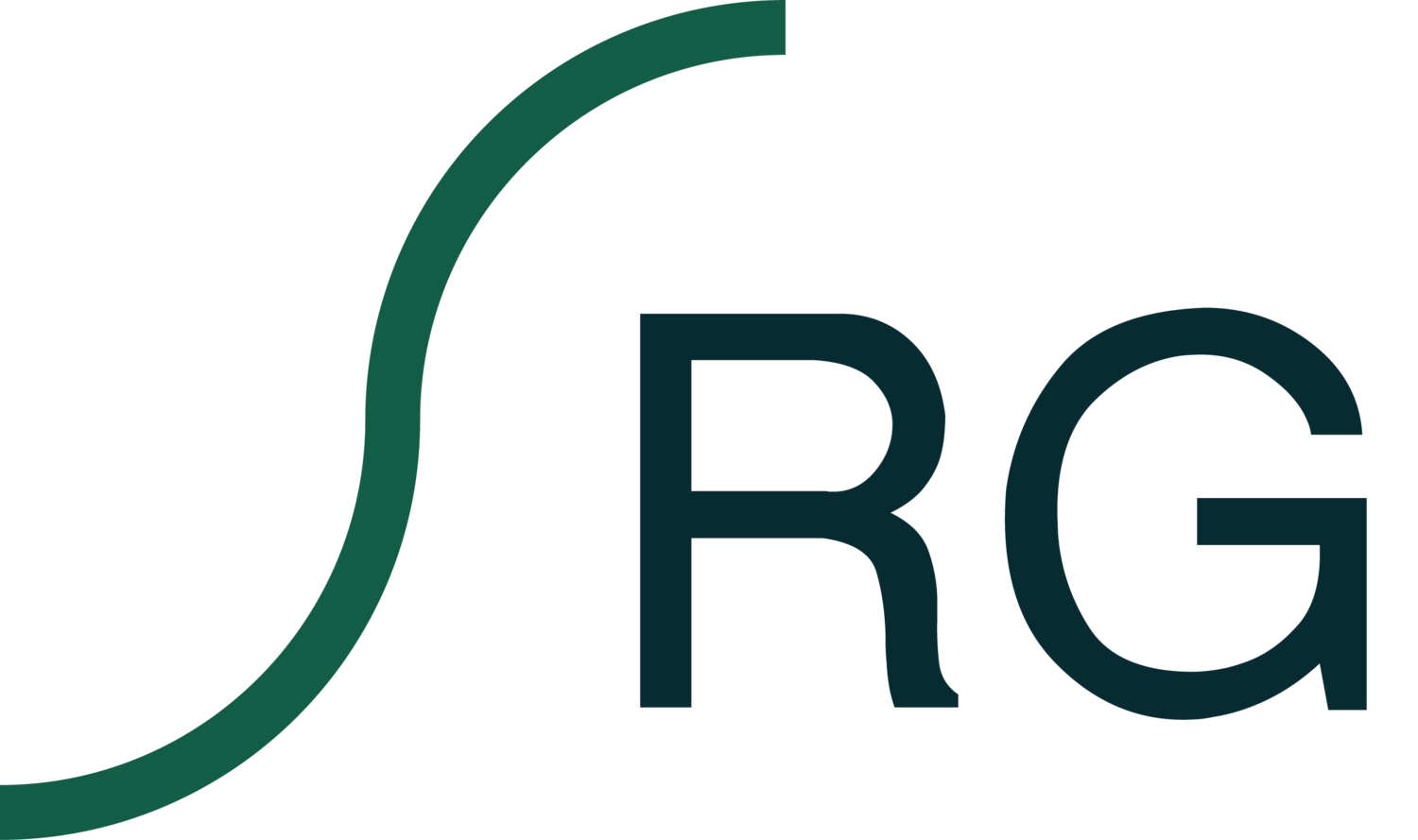Creating Future Value and Service In Public Administration
INTRODUCTION
What Is the Aim and Purpose of This Paper?
This paper aims to provide practical guidance on applying the System of Profound Knowledge and Deming Management Methods and related concepts to public administrations and their executives. By Learning about this science of improvement, executives can better administer, manage, and lead their organizations. There is no substitute for this knowledge about the services they manage for the taxpayers they serve.
This paper provides examples of what works based on evidence from multiple public administrations. We will begin with executive engagement to help them understand the system and the complexities they must manage through teams of engaged people.
From there, we will describe the processes that create an operational value stream map created by the people closest to the customer or beneficiary. From this set of artifacts and information, we create a baseline of first priorities to address and teach people methods to improve the priorities. We will next describe the methods of forming high-performance design teams, whose job is to design future processes by innovation and continual improvement with scientific methods.
If you experience challenges in managing and leading your organization into a better future, the information in this paper will guide your thinking and actions.
We hope to deepen the knowledge and understanding of how to leverage the tremendous power of the people working in public administration and service.
Our intent is to provide a modern perspective of learning about public administration successes and how some very complex processes came together to deliver economic and human value in quality and effectiveness. Later in this paper are several examples of practical, effective methods by teams that made results significantly better in public administrations with the science of improvement and executive engagement. These are followed with some common and a few egregious examples of the status quo mindset and a lack of knowledgeable action by executives, managers and staff.
